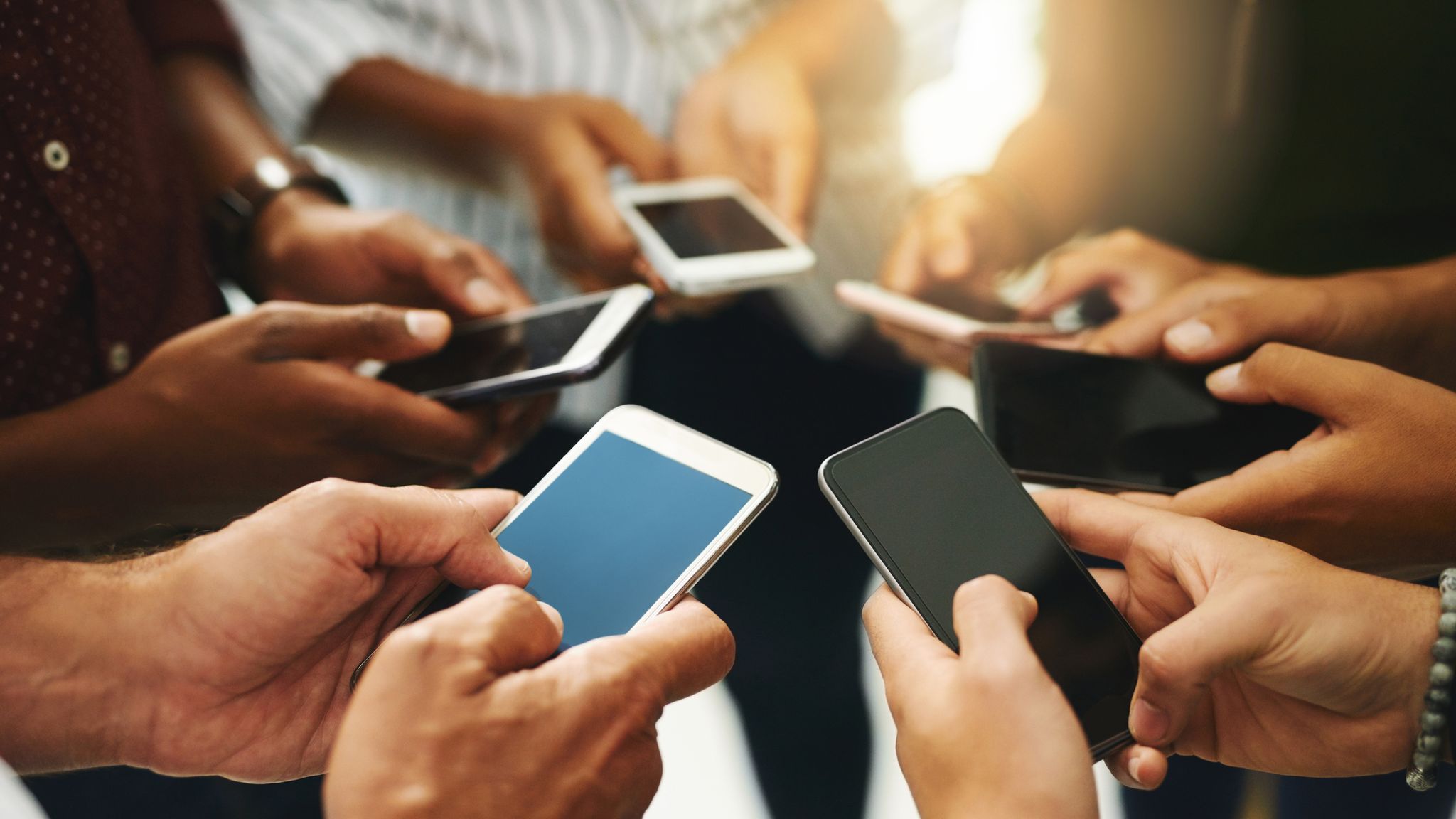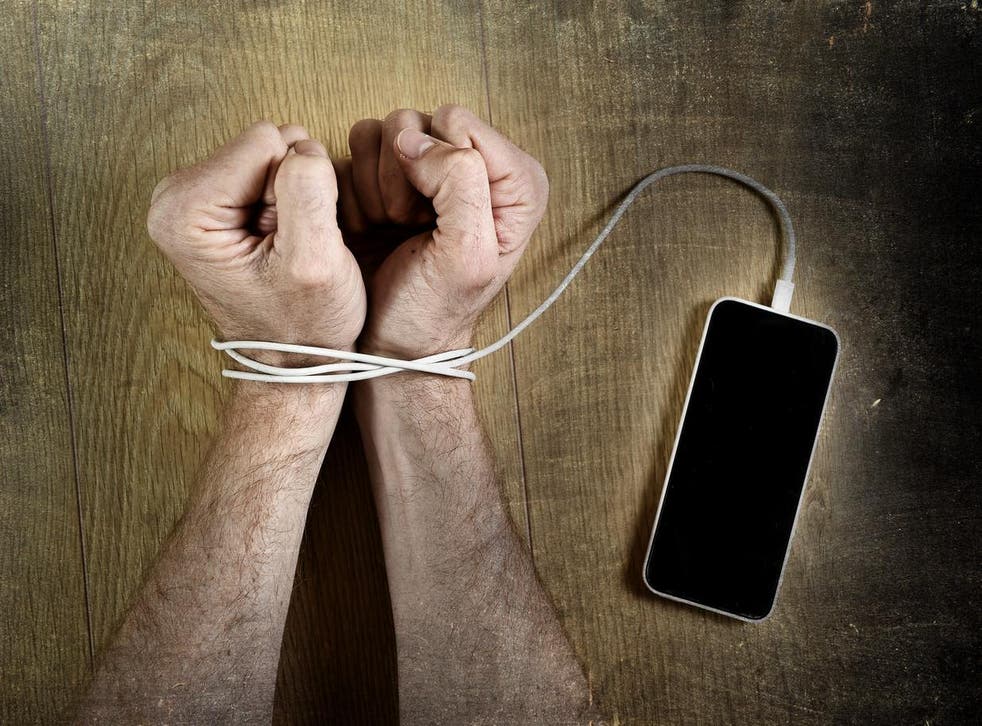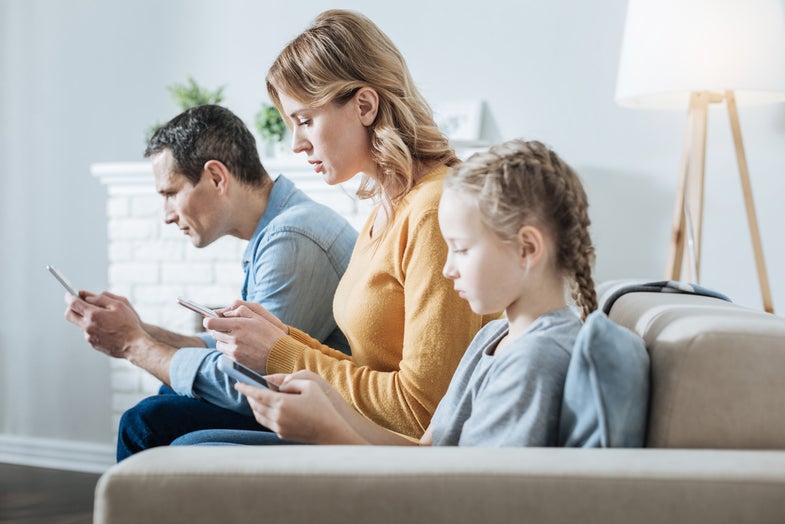Screen Addiction Resources for All Levels of Users
Screen Addiction Resources for All Levels of Users – If you’re interested in improving your screen usage habits, you might have come across the terms “digital detox” or “digital fasting”. These are terms used to describe an extreme form of digital cleansing.
One of the most important things to consider when trying to improve your screen usage habits is how to avoid falling into a screen addiction trap.
Everyone knows that video games and television can be addicting.
However, it’s not always clear what the best resources are for people who are looking to break their screen addiction.
So, in this article, I’m going to share the best free and paid resources that I’ve found to break the addiction to screens.
In addition, I’ll share my favorite books and podcasts that I listen to when I’m trying to break the addiction.
The rise of smartphones has created a new generation of consumers who spend more time glued to their phones.
It’s also a generation that marketers and advertisers are telling that they should buy more stuff. So it’s important to make sure that you’re creating content that isn’t just for them but for yourself.

What is Screen Addiction?
Screen addiction is a condition where people spend too much time on their devices. This leads to feelings of restlessness and depression when they’re away from their screens.
When people are looking for a way to make money online, the first thing they look at is affiliate marketing. But this is a great way to make money online. This method lets you earn money by promoting products that you think will help your target audience.
There are many affiliate marketing programs you can join. The key is to find one that has a large enough audience to keep you busy for a long time.
It can also lead to insomnia and other health problems, especially when people don’t get enough sleep.
This is a condition that I’ve seen in my own family. My mom would constantly have her phone on her nightstand when she went to bed. She would check it constantly throughout the night.
When I was a kid, my brother and I would often be the ones to wake her up in the morning to let her know it was time to get ready for school.
The funny thing was, that she wasn’t actually going to school anymore. She was just going through the motions to avoid being alone.
As a result, we had to wake her up in the mornings to get her ready for school. She’d wake up groggy and irritable. By the time we were done with our morning routine, she was ready to go back to bed.
How do you know if you are a screen addict?
You might wonder how to tell if you are addicted to screens and aren’t alone. It’s a difficult question to answer, and I’m sure there’s no single way to know if you are.
There are many things you can do to help you cut back. Like I said before, I used to be a full-time binge watcherer. But now I’ve found some ways to cut back on my time spent on screens.
I’ve also found that being mindful of my time on screens can boost productivity. So if you’re looking to start working from home, I would suggest keeping your eyes open for ways to cut back on your screen time.
Have you ever felt like you were living in a virtual world where everything was fake? Do you have problems sleeping? Do you struggle with anxiety? Are you constantly checking your phone for notifications?
If you answered yes to any of these questions, you might have a screen addiction.
You start associating your smartphone or computer with certain feelings and emotions. This is a type of addiction where your brain is conditioned to respond to certain stimuli. It’s called a conditioned response.
You may be able to break free from this habit by taking some time away from your screens. This may involve taking a vacation or even just a few days off.
You might even consider cutting back on your smartphone use, as that can improve your mental health.

What is Screen Addiction Recovery?
As we all know, smartphones, laptops, tablets, and other devices have become an integral part of our lives. They make our lives easier by giving us access to information, allowing us to communicate with others, and providing entertainment.
However, too much screen time can cause serious problems. It’s also easy to fall into a pattern where we constantly check emails and messaging on our phones.
We miss out on other important things in life when we do that. We also neglect to recharge our bodies. So it’s not surprising that research has shown that those who watch too much TV, use their smartphones for too long, or spend too much time on social media are more likely to be diagnosed with depression.
To be able to stop being a slave to our screens, it’s necessary to understand what exactly it is we’re addicted to.
The first step to recovering from a screen addiction is to understand what it is. It’s not a bad habit or a lack of willpower. It’s more of a psychological disorder that affects the brain.
When you look at the research, screen addiction can be just as harmful as substance abuse. This means that we have to take this problem seriously.
To recover from screen addiction, you have to be willing to change your lifestyle and your mindset. This is where we will start.
What are the Symptoms of Screen Addiction?
If you look at the amount of time we spend on screens these days, it’s easy to see why we are developing problems. We may feel like we have more time than ever to relax, but there are really only 24 hours in a day.
There’s no doubt that screen addiction is a growing problem. So how can you tell whether or not you’re hooked on your screens? Well, here are some signs that you might be.
Are you always on your phone? If you answered yes to this question, you may have a problem. When you’re using your phone, you’re probably checking social media, reading articles, or browsing for information. This is a great way to kill time while doing things you shouldn’t be doing.
When you’re constantly looking at your phone, you’re missing out on the things around you. You’re also not seeing friends and family, and you’re not paying attention to what’s happening around you.
If you’re feeling guilty about spending so much time on your phone, it could mean that you’re addicted to it.
We all know that sleep is important. If you’re not getting enough sleep, you’ll notice it in your performance. You’ll feel tired, sluggish, and unproductive.
If you’re having trouble concentrating, you may have a problem. You might also notice that you’re less productive than usual.
If you’re feeling anxious, you might have a problem. You’ll find it hard to concentrate, you’ll be worrying a lot, and you might also be getting headaches or migraines.
Another thing you can do to help manage stress is to find a way to relax. There are many different activities that you can do to help relieve stress, and the best part is that you don’t have to leave the house to enjoy them.
There are also a lot of things you can do to help improve your sleep. And while we’re talking about sleep, let me just say that sleeping too much is also a huge contributor to stress.

Frequently Ask Questions (FAQs)
Q: What is Screen Addiction Resources?
A: Screen Addiction Resources is a website and Facebook page that was created to help people with screen addiction, which can be a major health problem.
Q: How did you become aware of the problem of screen addiction?
A: I read an article in a magazine, and it said how easy it is for people to get addicted to screens like phones, tablets, laptops, etc. I had been through a lot of mental illness, depression, and anxiety, and this really hit home to me. I started to research how many hours of use there were on a day and what percentage of people got to the point where they became dependent on their devices. I also researched different ways to get off devices, but nothing worked.
Q: How do you find the time to run a website and maintain a social media account?
A: I am a very busy person, so it can be difficult to find time to dedicate to something like Screen Addiction Resources. I have a job where I work from home, so I can get away with only getting eight hours of sleep. However, I love what I am doing and try to stay as positive as possible.
Q: What do you hope people will take away from your website?
A: I hope people will understand that it is possible to get over this problem. You have to do the work to get out of the rut, but you can have fun without the addiction once you do. I would also like people to know that this is not a disease. People get addicted because of a certain situation, but they can get out of it.
Myths About Screen Addiction Resources
- This is where Screen Addiction comes in. It’s a set of tools to help you manage screen addiction and live a life focused on real-life experiences.
- Screen Addiction will help you identify and overcome your screen addiction for starters. It helps you get to the root cause of your screen addiction and identify any underlying mental health issues.
- It also helps you develop a daily habit of staying away from screens during your day. By doing this, you will be able to control your own screen usage, instead of letting your usage control you.
- This is a quick and easy way to break your screen addiction. Whether you’re addicted to playing games or watching videos, you can easily get back on track by simply making a plan for how to use your phone differently.
- It’s really easy to become addicted to your phone, so don’t feel bad when you need to take a break. It’s important to have a healthy balance between work and play.
- Writing down your feelings can be a powerful tool. When you’re struggling to break a screen addiction, it can be helpful to write down your feelings.
- If you’re having a hard time breaking a screen addiction, it’s okay to reach out for help. It’s important to have someone on your team that you can talk to about your struggles.
Conclusion
The average adult spends over 3 hours per day watching television, playing video games, surfing the web, or reading books and magazines. This leaves very little time to focus on the things we truly enjoy.
It doesn’t take much to get hooked on screens. The average person checks their phone every 10 minutes. They also have a constant stream of notifications from social media apps, email, and text messages.
It’s easy to fall into the trap of relying on these devices instead of spending time with friends and family. It’s important to understand the negative impact these devices have on our lives so we can find a balance between them and other activities.














